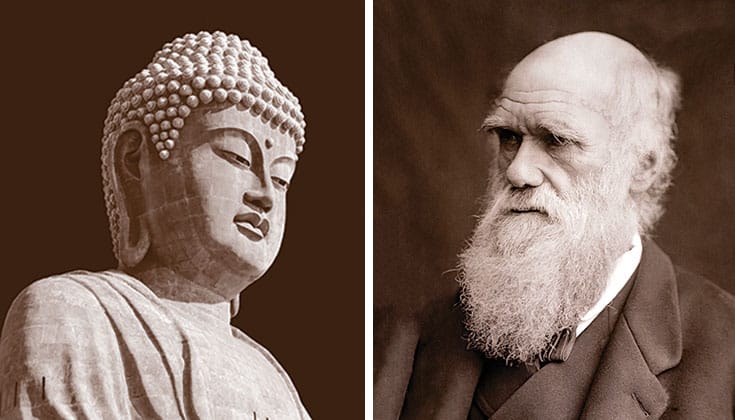
NOTA OFICIAL PÚBLICA DE DESCONTENTAMENTO DA ALIANÇA NACIONAL LGBTI SOBRE A DECISÃO LIMIAR MONOCRÁTICA QUE ABRE BRECHA PARA A “CURA GAY” NO BRASIL
A Aliança Nacional LGBTI é uma entidade que atua em rede e cuja missão é
contribuir para a promoção e defesa dos direitos humanos e cidadania de
Lésbicas, Gays, Bissexuais, Travestis, Transexuais e Intersexuais.
Neste sentido, vimos a público manifestar nosso imenso descontentamento
com a decisão do Juiz Federal Waldemar Claúdio de Carvalho, da 14ª Vara
Federal, que em caráter liminar, acatou parcialmente a ação popular que
requeria a suspensão da Resolução 01/1999 do Conselho Federal de
Psicologia, deferindo que este não impeça os psicólogos de promover
estudos ou atendimento profissional, de forma reservada, pertinente à
reorientação sexual, sem nenhuma possibilidade de censura ou necessidade
de licença prévia.
Entendemos que o deferimento da liminar é
um passo retrógrado, violador dos direitos humanos, que contraria mais
de quatro décadas de decisões de órgãos cientificamente qualificados que
consideram que a homossexualidade não é doença e, logo, não é passível
de processos de “reorientação sexual”:
- em 1973, nos Estados
Unidos a American Psychiatric Association retirou a homossexualidade da
lista de desvios sexuais, reconhecendo que não se trata de um distúrbio
mental;
- em nove de fevereiro de 1985, o Conselho Federal de
Medicina aprovou a retirada, no Brasil, da homossexualidade do código
302.0 (desvios e transtornos sexuais) da Classificação Internacional de
Doenças; sendo o Brasil o 5º país do mundo a tomar essa decisão;
- em 17 de maio de 1990, a 43ª Assembleia Mundial da Saúde adotou, por
meio da sua resolução WHA43.24, a 10ª Revisão da Lista da Classificação
Internacional de Doenças (CID-10), sendo que nesta versão da CID a
homossexualidade foi excluída como categoria;
- em 2012 a
Organização Pan-Americana da Saúde publicou um documento com a seguinte
introdução: “‘CURAS’ PARA UMA DOENÇA QUE NÃO EXISTE: as supostas
terapias de mudança de orientação sexual carecem de justificativa médica
e são eticamente inaceitáveis”.
Assim, proferir decisão
judicial que permite “estudos ou atendimento de reorientação sexual” é
referendar a submissão das pessoas homossexuais à condição de cobaias,
em patente contradição da Declaração de Helsinque sobre os princípios
éticos que regem a pesquisa com seres humanos. É promover o crime de
charlatanismo e curandeirismo.
Abre precedente para
que ocorram atos que venham a ferir a Constituição da República, já que
nos remete a um cenário de retrocesso, haja vista ser notória a prática
de tortura e até mesmo “exorcismos” ocorridos, principalmente, em face
de jovens homossexuais, onde a própria família, por inconformismo com a
orientação sexual dos seus filhos, os leva a profissionais dispostos a
praticar a “reversão sexual”.
Solidarizamo-nos com o Conselho Federal de Psicologia e respectivos
Conselhos Regionais de Psicologia e pedimos que a Ordem dos Advogados do
Brasil, a Defensoria Pública da União, o Ministério Público Federal e
demais autoridades competentes se posicionem e tomem as medidas cabíveis
para derrubar a referida liminar.
Recorreremos dessa decisão
em todas as instâncias jurídicas nacionais e internacionais. Inclusive,
através do email aliancalgbti@gmail.com gostaríamos de receber denúncias
sobre psicólogos/as que estejam atuando profissionalmente na tentativa
de realizar a “reversão sexual” para que possamos dar os devidos
encaminhamentos éticos e jurídicos.
Curitiba, 18 de setembro de 2017
TONI REIS
Presidente da Aliança Nacional LGBTI
GISELE ALESSANDRA
Advogada
OAB/PR 74.812















